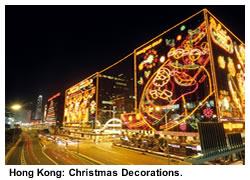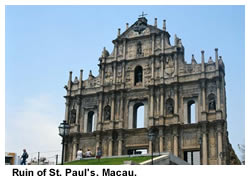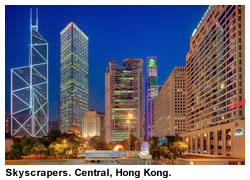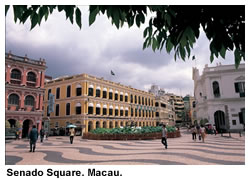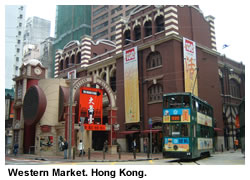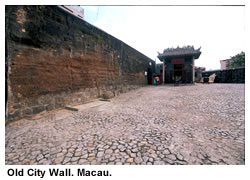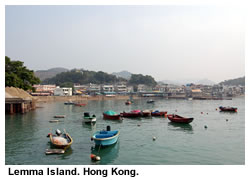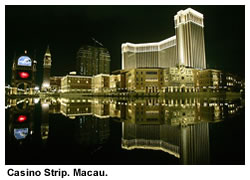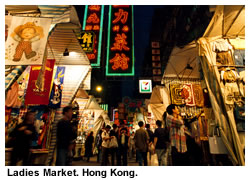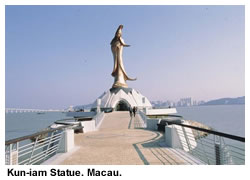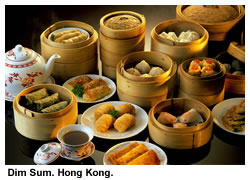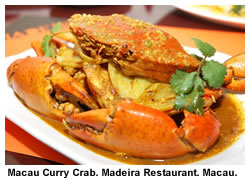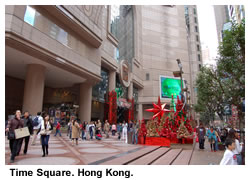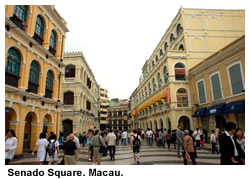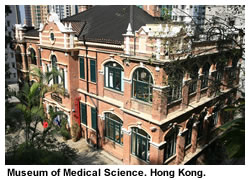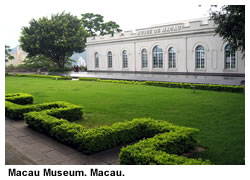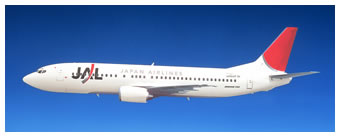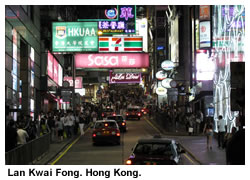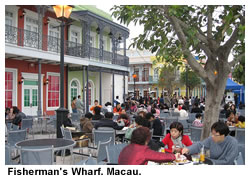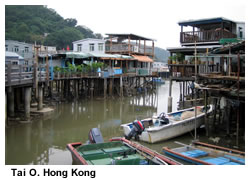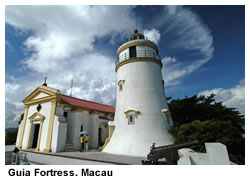

- Introduction
- Tour Itinerary
- Tour Cost
Hong Kong is a collective name of three areas in the southern tip of China: Hong Kong Island, Kowloon Peninsula and the New Territories. Archeological evident shows that there are life forms from 6,000 years ago. Recorded settlement did not happen till the Qin Dynasty (221-206 BC). Invasion of the Mongols during the South Song Dynasty in the late 13th century caused a population of people to flee to Hong Kong to escape from wars and famines. Other than that, Hong Kong is insignificant in China’s history due to its geographic location is too far from the central government. In 1842, Hong Kong Island was ceded to the British Empire under the Treaty of Nanking by the Qing Dynasty; Kowloon was ceded in 1860 and the New Territories in 1898. Hong Kong was a British Crown Colony until 1997 when sovereignty was returned to China. During the colonial period, with its natural deep water harbor, the British made it a prime trading post in Asia. In 1949, the People’s Republic of China was proclaimed after the civil war; many migrants fled to Hong Kong in fear of prosecution by the Communist Party. Among them are entrepreneurs and technocrats; this influx of skill labors and capital had quicken the pace of development in Hong Kong. Over the decades, under the British administration and judicial system, with the hard-working and creativity of the Chinese, Hong Kong has flourished into one of most amazing port cities in the world. Today, Hong Kong is a Special Administration Region of China, under the “One-Country-Two-Systems” principle, it is governed by the Basic Law under which socialism in China will not be extended to Hong Kong. Maybe it is political uncertainties, the people have developed a “work-hard, play-hard” mentality. Professionals indulge themselves with foie gras and imported wine after working 14 hours in the office; young girls spend a years’ savings on a brand-named purse; blue collar workers eat like there is no tomorrow in family restaurants…it is a berserk mixture of capitalism and hedonism, materialism and romanticism. Yet, harmony developed among paradoxes. You can see visitors mingle with the local in Mongkok, looking for bargains from apparels to household goods; you can see expats and the locals drink themselves to oblivion in the yuppieish Lan Kwai Fong. It is also a city of choices, you can enjoy the best dim sum in the world in a bustling restaurant in Causeway Bay or you can have a meat pie and a beer in a serene waterfront eatery in Stanley. Hong Kong is a city has much to offer and never cease to surprise. Macau is a special administrative region of China today. It was administered by Portugal for more than 400 years. Until its return to China in 1999, it is the last European territories in Asia from the colonial period. Its first inhabitants believed to be people from the South Song Dynasty seeking refuge from the Mongol invasion in the 13th century. It eventually settled by fishermen during the Ming Dynasty (1368-1643). In 1513, the first Portuguese arrived in a hired junk and erected a stone marker claiming the area for Manuel I, King of Portugal. In 1553, on-shore trading depot was set up and Macau became a base of operation for the Portuguese to trade with India, China and Japan. In 1557, Lisbon obtained a lease for Macau from the Ming Emperor and a walled village is built. The area was under Portuguese administration but the Chinese retained sovereignty. During the next two centuries, Macau became an important center for Portuguese traders. In the late 17 century, Macau’s importance was overshadowed by the declined of Portugal’s influence and the British development of Hong Kong. Lisbon continued to pay rent to China until 1849 when the Portuguese abolished the Chinese custom house and declared Macau an independent state. Macau was officially ceded to Portugal under the Beijing Treaty in 1887. When the Chinese communists came to power in 1949, they declared the Protocol of Lisbon to be invalid as an “unequal treaty” imposed by foreigners on China. However, Beijing was not ready to settle the treaty question, leaving the maintenance of “the status quo” until a more appropriate time. In 1974 the new Portuguese government granted independence to all overseas colonies and recognized Macau as part of China’s territory, but the Chinese government did not accept administration of the territory. In 1979, Portugal and the People’s Republic of China established diplomatic relationship and Beijing acknowledge Macau as “Chinese territory under Portuguese administration. On December 20, 1999, Macau was return to full China sovereignty as a special administration region under the “One-Country-Two-Systems” principle. Today, Macau is a city of contrast. It was developed into a major entertainment center with mega size casinos and numerous entertainment venues. On the other side, it managed to maintain its quaint colonial aura in the old town area. You can still feel the Portuguese influence with some of its preserved constructions from the colonial time. Last but not least, it has also developed an interesting hybrid Chinese-Portuguese cuisine to make dining in Macau a unique experience. |
|
Tour Itinerary Day 01: U.S. - Hong Kong Day 02: Hong Hong Day 03: Hong Kong Day 04: Hong Kong Day 05: Hong Kong - Macao Day 06: Macao Day 07: Macao - Hong Kong Day 08: Hong Kong Day 09: Hong Kong - U.S. |
|
|
|
||||||||||||||||||||||||||||||||||||
